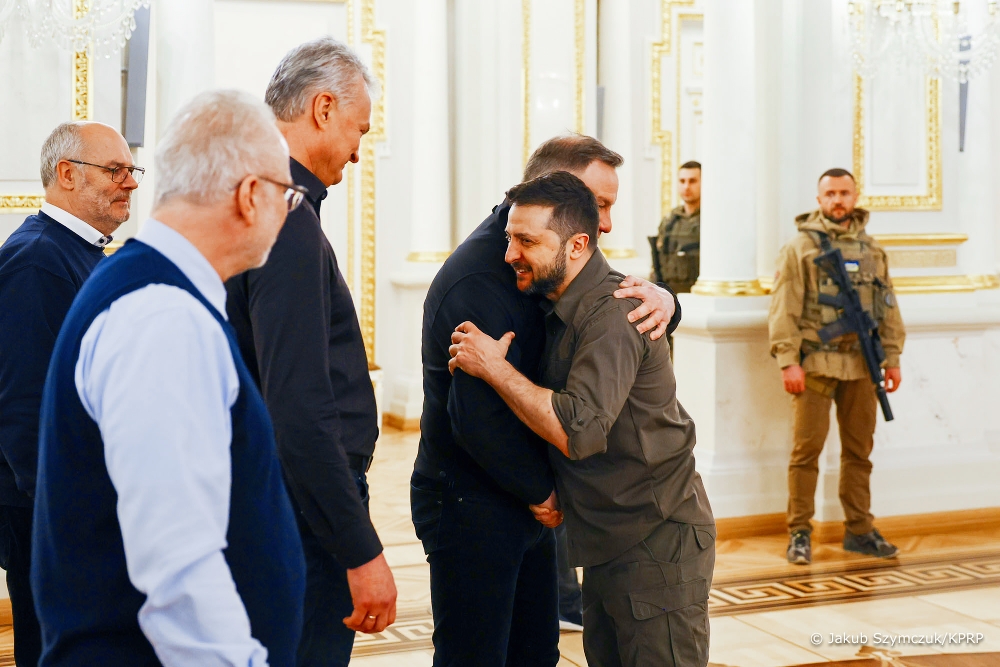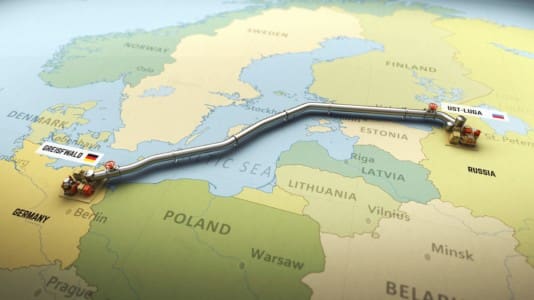The editor of the conservative Do Rzeczy newspaper, Paweł Lisicki, analyzed Polish thinking on the war in Ukraine and explored Ukraine’s chances in the war as well as the ramifications for Poland.
In an interview with Radio WNET, Lisicki acknowledged that Russia was fully responsible for the war and that it was understandable Poland was on the side of the Ukrainians. The problem, however, in his view, is the lack of pragmatism in the debate on the war in Poland. The West has been warning that Ukraine’s position is becoming difficult, yet wishful thinking and a moral imperative seem to make Poles reluctant to face that reality.
The Do Rzeczy editor-in-chief argued that looking at the war objectively, Russia’s military superiority is unquestionable. From the outset, it was difficult to imagine Ukraine, even with the support of Western equipment and sanctions, actually winning the war. The only way this could happen would be if the West actually engaged troops in the war. Bravery and spirit are not going to be enough to recover lost territory.
Paweł Lisicki fears that the most likely scenario is a prolonged war on the ground turning into an economic war. Here, Russia has cards to play such as energy blackmail. The economic pressure that Russia will apply will lead Western countries to, in turn, pressure the Ukrainians to negotiate a peace agreement. Should there be gas shortages this winter in western Europe, public opinion will put pressure on political leaders to change course on the war.
A ceasefire at some stage will materialize, according to Lisicki, who questioned how viable it would be for a Ukraine with parts of its territory occupied by Russia to enter the European Union. This is why he believes the talk of Ukraine being admitted into the European Union is purely symbolic; it was meant to mobilize the Ukrainians and for the West to feel good about its efforts to help the country in its time of need.





